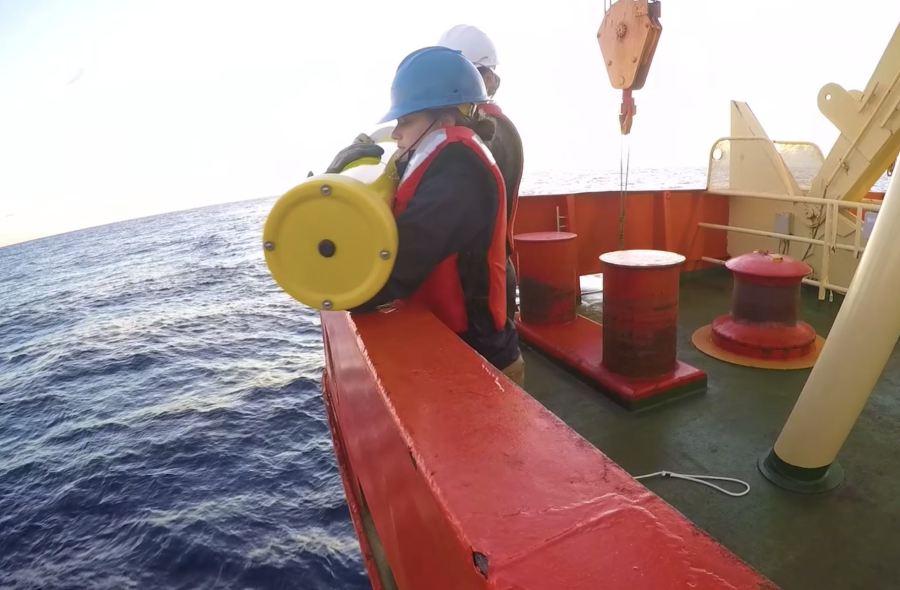New research by University of Arizona geoscientists has shown a reduction in the amount of oxygen in Antarctic waters, making it warmer and more acidic. The change in the Southern Ocean is caused by the increased freshwater from melting Antarctic ice sheets along with increased wind.
Joellen Russell, co-author of the research paper, is a professor of biogeochemical dynamics at the UA and a Thomas R. Brown Distinguished Chair of Integrative Science. She worked extensively as a researcher to study Antarctic waters and build climate models.
“The question is, how do you do oceanography from the desert?” Russell said. “The answer is supercomputers and robot floats. Seriously.”
Russell said she, her team and two graduate students deployed robot floats to do profiles on the ocean water from 2000 meters down. She said the floats last five years and help collect data for analysis.
“We’ve got this unprecedented, revolutionary look at how the ocean is changing,” Russell said.
Russell said robot floats have helped researchers compare data from 2014 to data taken from ships up to 50 years ago.
“These are serious and significant trends,” Russell said.
First author Ben Bronselaer said he became interested in the Southern Ocean’s climate models when he was a postdoctoral research associate in Russell’s lab. He is now working as a meteorological and oceanographic engineer at the British multinational oil and gas company BP in London.
“It has a mysterious quality to it because it’s one of the biggest oceans in the world,” Bronselaer said.
RELATED: High precipitation years won’t save trees from affects of climate change, study finds
Bronselaer said the oceans around Antarctica have been badly sampled in the past due to its remote location.
“That’s one aspect that makes it a bit unique I think,” Bronselaer said. “In the winter, it can have really harsh conditions and not many people go out there and measure things.”
Not only did scientists have to collect and compare the data from the ocean, but also create models to estimate how the changes in warmth and acidity may affect climate change over time.
“The idea now is to really investigate how well we can simulate what’s going on there because even with the estimations that we had in the paper, we weren’t really able to reconstruct the same kind of changes that we’re seeing,” Bronselaer said.
According to Bronselaer, the warming the team observed was especially difficult to replicate because it was much larger than what was able to be simulated in the model. He said the next step is “using more modern models that better resolve coastal dynamics.”
“The aim is really to be able to fully explain those changes and be able to simulate them,” Bronselaer said.
Thanks to the work of Russell and her team of researchers, they were able to construct models that can simulate changes in the ocean.
“It improved the model so much that we were actually able to simulate the change in the oxygen and the change in the acidity with the model very, very well,” Russell said. “That made us pretty excited about pushing it forward into the future to see what might happen next.”
Now, she said they have a first look at how the ocean is changing and an estimate of how it may change in the future through the use of their climate models.
Russell said she is “very proud of this work.”
Follow Sydney Jones on Twitter















